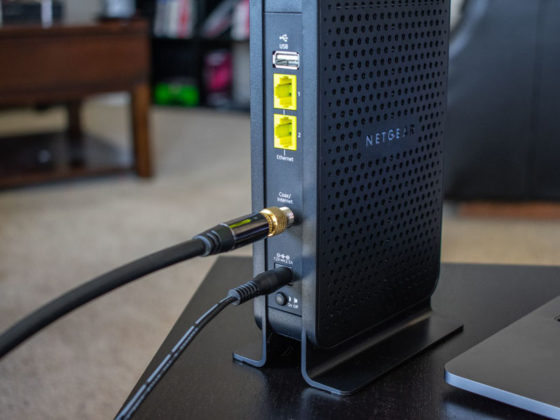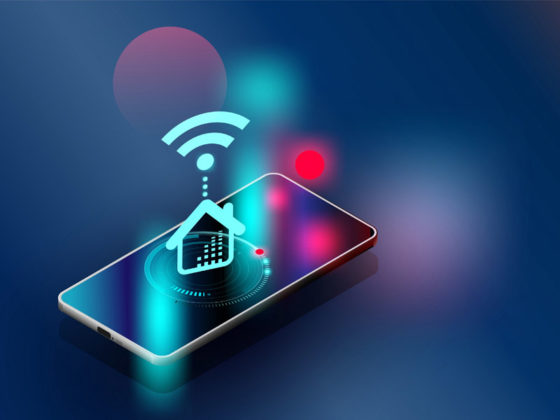Lower latency and more flexibility are network features that will allow the advancement of the Internet of Things.
The Internet of Things works only when devices connect to the internet. From this statement, it is already possible to imagine that the importance of 5G for the advancement of IoT in the coming years is fundamental. Being the first network planned to operate with low latency and response time 10 times shorter than the 4G network, 5G is the solution that experts are working to more efficiently connect autonomous cars, refrigerators that will be programmed, buildings that will talk to airplanes, among numerous possibilities.
According to market surveys, by 2020 there will be more than 20 billion IoT devices worldwide and current networks are not enough to transmit the large amount of data that is already being generated at all times. 5G appears as a solution capable of absorbing simultaneous connections, efficiently and with lower energy consumption. It is a network programmed to respond in real-time, as well as being scalable and versatile.
4G was an evolution of 3G, with a wider band and higher speed, but with the same ecosystem, while 5G has new programming, intending to enable a whole series of uses that leave this ecosystem. It is intended that the 5G network has a latency of no more than 1 millisecond, and currently it is 10 milliseconds, which causes numerous devices to be connected to the network and disconnect when they are not in operation.
The new network has to respond to critical needs, which need extremely short response times. An autonomous car today, from the moment it receives the guidance of brake car, needs 3 meters to stop, precisely by the response time of 4G. With the 5G, this braking distance would be a matter of centimeters.
The increased demand for 5G will transform the direction of investments of telecommunications operators, today focused on serving communication between people. The Internet of Things opens a new market where operators have great opportunities to increase their revenues.
The market is betting that, for sure, the number of devices connected to IoT will be greater than the number of smartphones, and the need to hire a new network will be greater.
The ITU – International Telecommunications Union has been defining parameters for 5G, based on previous networks and future needs. However, associations of manufacturers, equipment suppliers, operators, and research institutions have already defined their goals and objectives for the new network. One of these industry associations is 5G Americas, where companies come together around market-relevant discussions and discuss key solutions for the consistent deployment of the network throughout America.
One of the points they argue for is that spectrum planning is the key to 5G success. For the association, mobile spectrum bands below 6GHz will be important for the integration between 4G and 5G, while the above bands offer technical challenges, being possible to develop mobile services in higher bands with new radio solutions.
For them, it is necessary to take advantage of all spectrum sources, from licensed, unlicensed, and shared, and regulators and politicians need to ensure investments in all areas of the ecosystem to encourage a connected society.
Experts believe that standardization will allow the network to be effectively operational in 2020, arriving in various countries in 2022. In short, the 5G network is expected to increase internet speed but, first of all, will arrive to organize the coexistence between smartphones and millions of connected objects, such as cars and smart homes, as well as help in the development of smart and efficient cities.




